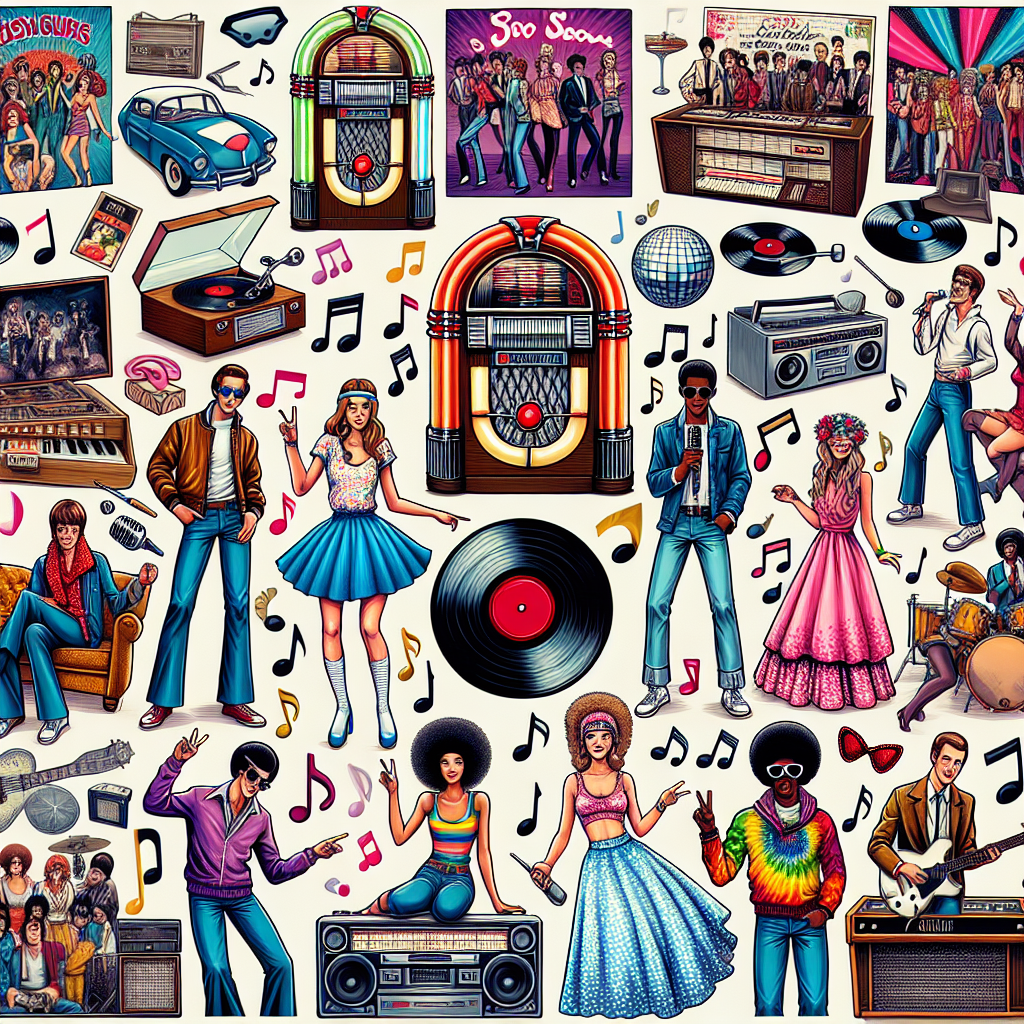During the 1960s and 1970s, music played a pivotal role in shaping the social movements of the time. From protest songs to anthems of unity, musicians used their platform to spread messages of peace, love, and equality. This era saw a convergence of music, culture, politics, fashion, and technology that would forever change the landscape of society.
One of the most iconic aspects of this period was the rise of protest songs. Artists like Bob Dylan, Joan Baez, and Pete Seeger used their music to speak out against war, racism, and injustice. Their lyrics resonated with a generation that was disillusioned with the status quo and inspired them to take action. Songs like “Blowin’ in the Wind” and “We Shall Overcome” became anthems for civil rights activists and anti-war protesters alike.
Music also played a significant role in shaping counter-culture movements of the 60s and 70s. The hippie movement embraced themes of peace, love, and harmony, which were reflected in the music of bands like The Beatles and The Grateful Dead. These bands not only provided a soundtrack for the counterculture but also influenced fashion trends with their psychedelic album covers and bold stage attire.
Politicians also recognized the power of music during this time. Campaign rallies were often accompanied by live performances from popular artists in an effort to energize supporters and attract young voters. Musicians like Bob Marley and John Lennon used their fame to advocate for political causes they believed in, further blurring the lines between music and activism.
Advancements in technology also played a crucial role in shaping the music scene of the 60s and 70s. The invention of electric guitars revolutionized rock music while advancements in recording technology allowed artists to experiment with new sounds and techniques. This era saw the rise of concept albums like Pink Floyd’s “The Dark Side of the Moon” which pushed boundaries both musically and thematically.
Overall, it is clear that music had a profound impact on social movements during the 1960s and 1970s. It served as a unifying force for those seeking change while providing a platform for artists to express their views on important issues. The legacy of this era can still be felt today as musicians continue to use their art as a tool for social change.


Get involved!
Comments